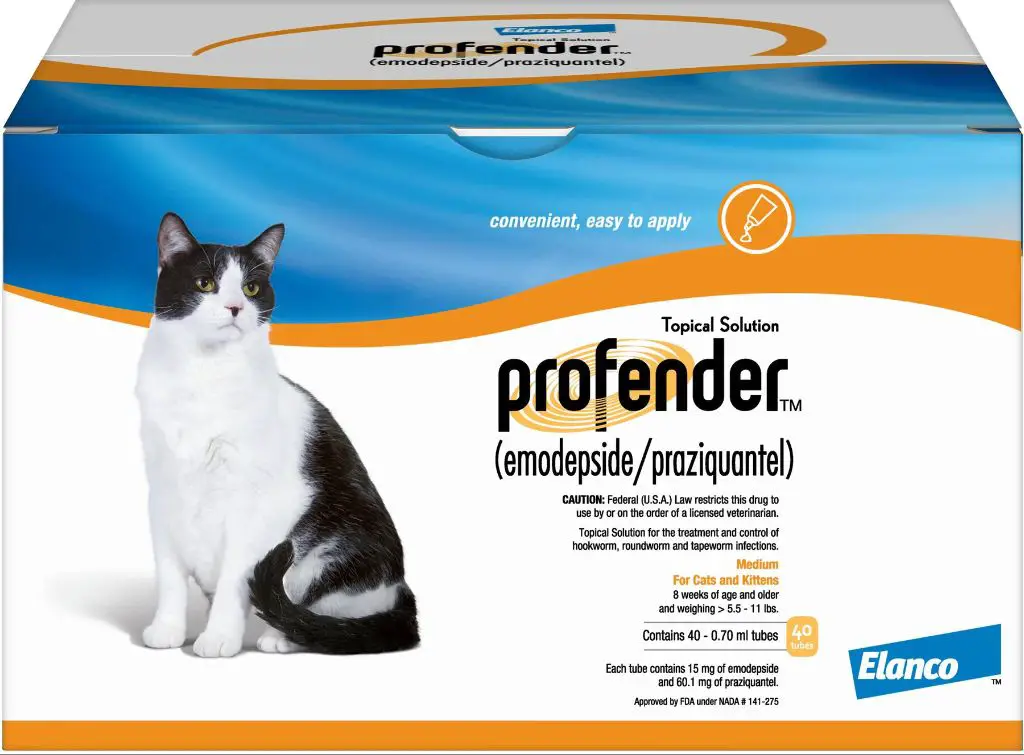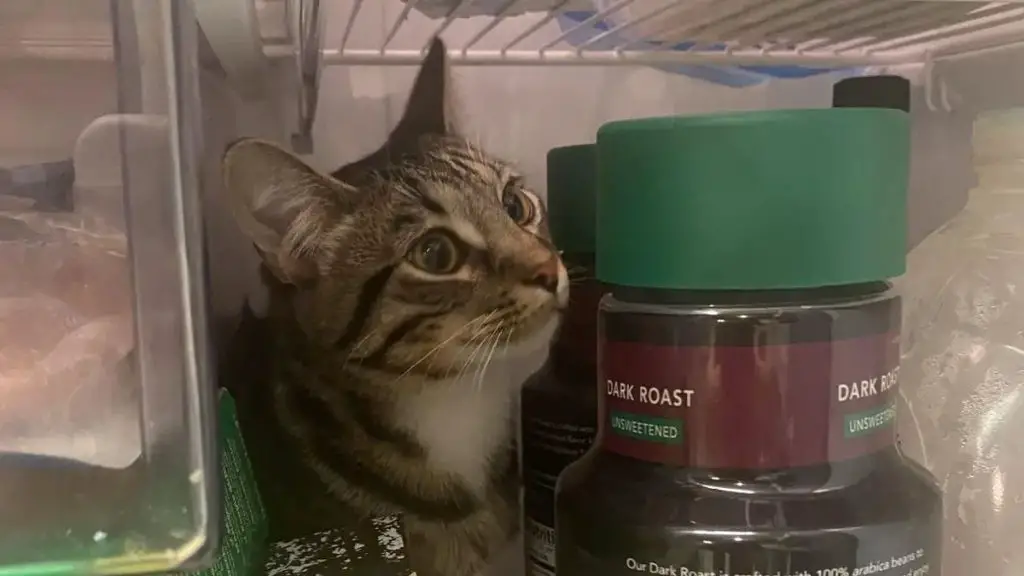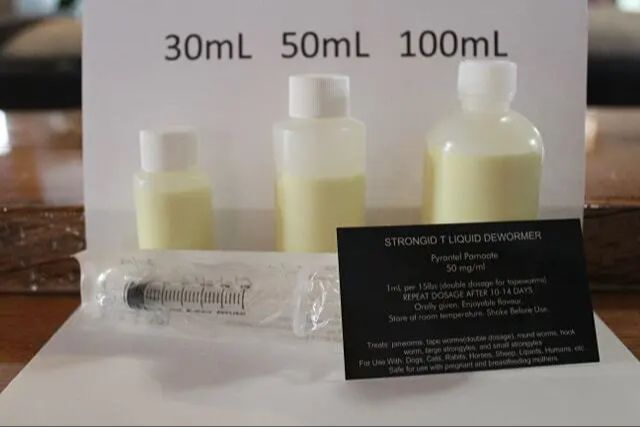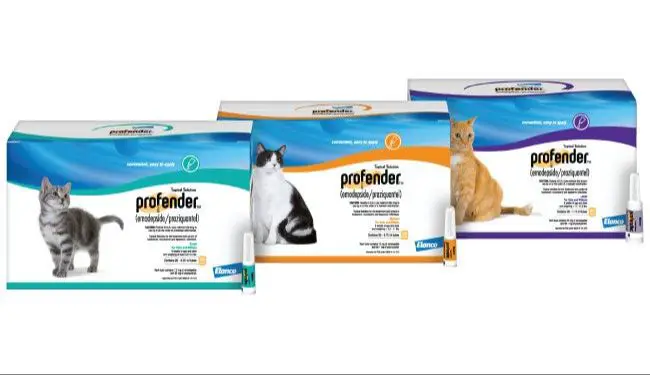Proper storage of cat dewormers is important to ensure the medicine retains its potency and remains safe and effective for treating your cat’s parasitic worm infestation. Deworming medications like praziquantel and pyrantel pamoate are formulated to eliminate tapeworms, roundworms, and hookworms in cats when used as prescribed by your veterinarian. However, these products can lose stability and degrade over time if not stored correctly. Refrigerating or freezing certain dewormers could reduce drug activity, while excessive heat can also accelerate drug breakdown. Storing dewormers within the manufacturer’s recommended temperature range helps preserve drug integrity and prevent premature expiration before finishing the full course of treatment. By following proper storage instructions, cat owners can have confidence the deworming medication will work optimally to eliminate parasites and protect their pet’s health.
Active Ingredients in Cat Dewormers
The most common active ingredients used in cat dewormers include:

- Pyrantel pamoate – Pyrantel works by paralyzing the worms’ nervous system, causing them to detach from the intestinal wall and be expelled in the feces. It is effective against roundworms and hookworms 1.
- Praziquantel – Praziquantel causes severe spastic paralysis of the worms’ muscles, leading to dislodgement and elimination. It targets tapeworms 2.
- Fenbendazole – Fenbendazole inhibits the worms’ energy metabolism, essentially starving them. It works against roundworms, hookworms, and whipworms.
- Ivermectin – Ivermectin binds to invertebrate muscle and nerve cells, causing paralysis and death of the worms. It is effective against a wide range of intestinal worms.
These ingredients can be used alone or in combination in different deworming products to provide broad-spectrum protection against multiple types of worms.
Manufacturer Storage Recommendations
Most major cat dewormer brands like Drontal and Bayer provide storage instructions on their product packaging or product information pages.
For example, Drontal states that their dewormer should be stored at controlled room temperature between 68-77°F (20-25°C). It should be protected from light and kept in a tight, light-resistant container. Unused portions should be returned and stored according to these guidelines.
Similarly, Bayer recommends storing their dewormers in a dry place at controlled room temperature between 59-86°F (15-30°C). The product should not be frozen and kept in the original package until use to protect it from moisture.
Following the manufacturer’s storage instructions is important to ensure the medication remains effective and stable. Storing dewormers properly prevents degradation of the active ingredients.
Effect of Temperature on Efficacy
High temperatures can degrade the active ingredients in some cat dewormers over time, reducing their potency and effectiveness. According to VCA Hospitals, ivermectin products should be stored away from heat and direct sunlight, which can reduce the drug’s potency. Similarly, PetMD recommends storing Drontal tablets between 59-86°F to maintain efficacy.
Studies have analyzed how heat impacts the stability of anti-parasitic drugs like ivermectin. One study found that ivermectin degraded faster at higher temperatures, losing around 5-10% of its potency when stored for 3 months at 104°F (1). Proper temperature control is important to ensure dewormers retain their stated potency and remain effective at eliminating intestinal parasites.
Refrigeration Benefits
Proper refrigeration can slow the degradation process and extend the shelf life of dewormers like pyrantel pamoate. According to an article on JustAnswer.com, “This medication does not need to be refrigerated. It can be stored at room temperature.” However, refrigeration between 36-46°F (2-8°C) may help the medication retain its potency for longer.The cold environment of the refrigerator slows down chemical reactions that can break down the active ingredients over time. Maintaining an even, cool temperature avoids spikes in warmth that accelerate degradation.

By extending the shelf life, refrigeration allows cat owners to buy deworming medication in bulk or stock up when it’s on sale, without having to worry as much about expiration. Per a Quora response, “Might also try putting the remainder of medicated food in the fridge and offer it again, warmed to room temperature, a few hours later.” Proper refrigeration enables cat owners to save and reuse leftovers that their pet didn’t finish in one sitting.
Refrigeration Risks
Refrigerating cat dewormers does come with some potential risks that pet owners should be aware of before deciding to store the medication in the fridge.
One risk is that condensation can form when you take the dewormer out of the fridge. Condensation on the medication bottle could cause some of the active ingredients to degrade or become less effective. According to Brookfalls Veterinary, it’s important to follow the storage recommendations from the manufacturer to ensure the medication remains effective.
Another risk is Accidental freezing. If the refrigerator temperature fluctuates too low, the dewormer could freeze, which can affect the efficacy. Freezing and thawing repeatedly is especially problematic. According to JustAnswer, cat dewormers are meant to be stored at room temperature per the manufacturer’s recommendations.
Finally, temperature fluctuations in general, even if not freezing, can impact the stability of the active ingredients. It’s best to avoid storing cat dewormers in the fridge unless specifically instructed by the prescribing veterinarian or manufacturer instructions.
Proper Refrigerated Storage
According to JustAnswer.com, dewormers like Strongid can be stored at room temperature and do not require refrigeration. However, some sources recommend refrigerating dewormers after opening to extend their shelf life.
The key guidelines for proper refrigerated storage of liquid cat dewormers are:
- Store in the original container with the lid tightly closed
- Keep refrigerated between 36-46°F
- Store away from the refrigerator door to avoid temperature fluctuations
- Avoid freezing as this can damage the medication
- Write the date opened on the container and discard after expiration
- Shake well before each use as active ingredients may settle
By following these refrigeration guidelines, opened dewormers can often remain effective for up to 3 months past the manufacturer’s recommended discard date. However, it’s always best to observe your cat for any recurring symptoms and re-treat if needed.
Room Temperature Storage
Many cat dewormers can be safely stored at room temperature between 59-86°F (15-30°C) according to veterinarians (Pyrantel Pamoate – VCA Animal Hospitals). This makes storage convenient without requiring refrigeration. When storing dewormers at room temperature, it’s important to follow the manufacturer’s guidelines on the label or packaging for ideal storage conditions.

Here are some tips for proper room temperature storage of cat dewormers:
- Choose a cool, dry place away from excess heat or moisture like a bathroom or kitchen.
- Avoid storing dewormers in places that get hot like near a furnace or in direct sunlight.
- Keep the medicine in its original container with the lid tightly sealed.
- Store dewormers up high out of reach of children and pets.
- Check the expiration date periodically and dispose of any expired medicine.
- Shake liquid dewormers well before each use as ingredients may settle.
Following the above tips helps maintain the effectiveness of cat dewormers stored at room temperature. However, refrigeration may still be needed for certain medications or in hot climates, so always defer to the storage recommendations on the label.
Signs Medicine Has Expired
There are several signs that may indicate a cat’s deworming medication has expired and is no longer safe or effective to use:

- Changes in smell – Medicines that have an unpleasant or rancid odor could be contaminated or broken down. Do not use medications that smell strange.
- Changes in texture – Liquid medicines that are cloudy, gritty, or thicker than normal may be unsafe. Tablets that are sticky, crumbling, or powdery should not be used.
- Changes in efficacy – Expired medicine may not work as intended. If a pet’s symptoms don’t improve after completing the full course of treatment, the medicine may have lost potency.
It’s important to closely follow label instructions and never exceed a medicine’s expiration date. If a dewormer seems compromised in any way, do not administer it to pets. Always check with a veterinarian if there are concerns about giving expired medication.
Conclusion
In summary, refrigerating cat dewormers is typically not necessary. Most dewormers contain active ingredients like pyrantel pamoate, praziquantel, or moxidectin, which remain stable at room temperature according to manufacturers. Refrigeration can help extend a medication’s shelf life, but also comes with risks like temperature fluctuations and moisture accumulation. The best storage approach is to keep dewormers in their original packaging stored at controlled room temperature away from excess heat, moisture, and direct sunlight. Be sure to check expiration dates periodically and watch for changes in appearance, odor, or texture. Discard expired medicines. Overall, as long as dewormers are stored properly, refrigeration is not required for efficacy or safety. However, consult your veterinarian if ever unsure about a medication’s storage needs.
